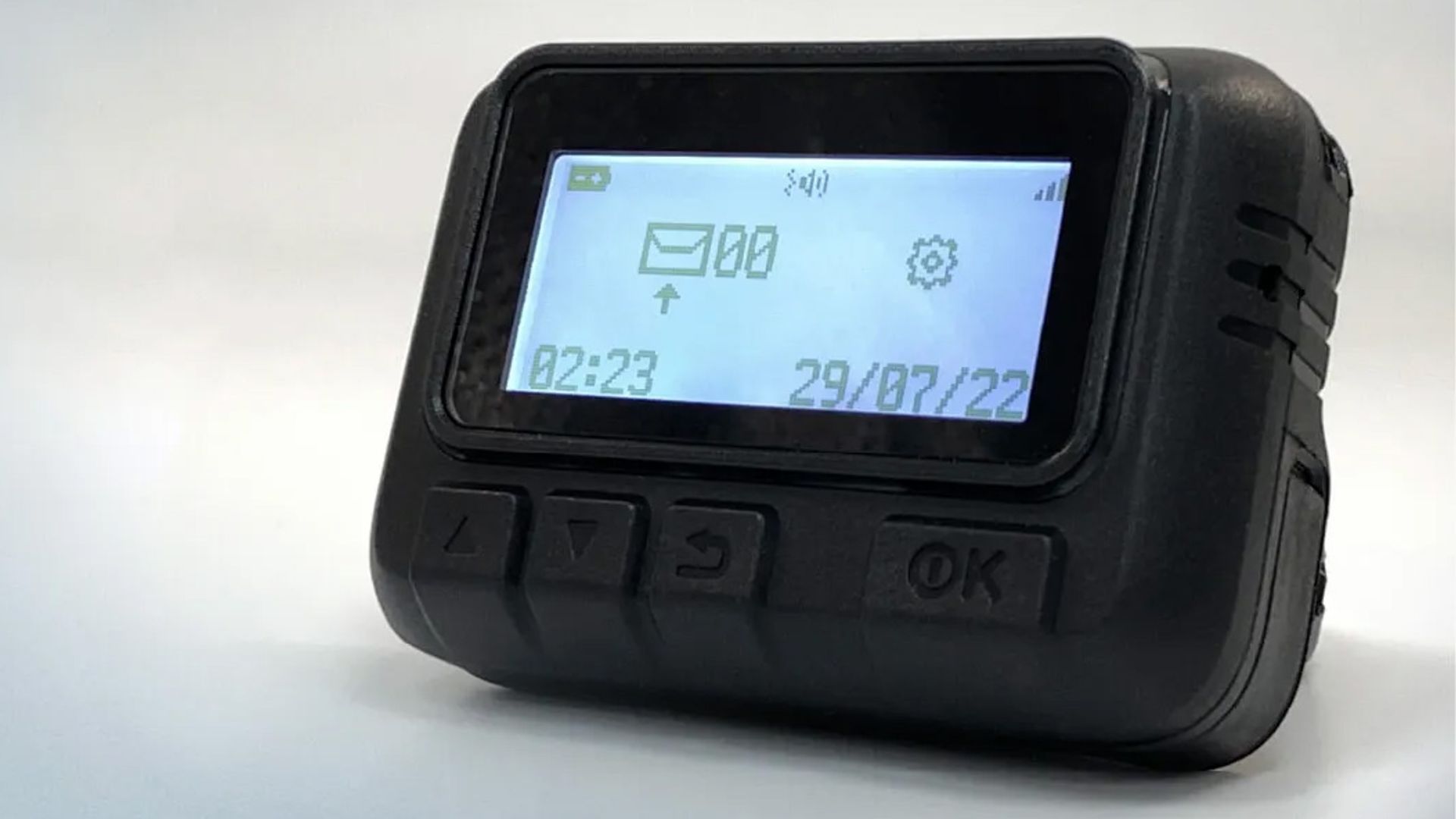The day after the attack, there are still more questions than answers: how did Israel tamper with the pagers, how were the devices remotely detonated, and, most importantly as we look forward, why now?
Israel has clearly penetrated deep inside Hezbollah. This attack would have taken at least months to plan and prepare, and considerable technological skill to pull it off. So why choose to play the card now and reveal this extraordinary capability?
There are several working theories.
Some reports suggest a small number of Hezbollah officials were growing suspicious of the pagers and had raised concerns. If true, Israel might have chosen to act before they were found out – the “use it or lose it” scenario.
Alternatively, it could have been a deliberate message of deterrence, designed to reveal how compromised Hezbollah’s security is and strike a lightning shock to the organisation. It has certainly achieved that effect.
As a tactic it was unconventional, and although thousands were reportedly injured, the number of dead is in the low double figures. This, arguably, keeps it below the threshold of war, although Hezbollah will have its say on that.
Please use Chrome browser for a more accessible video player
The third possibility leads us to consider whether this was a precursor to a bigger event. For now, still only a day after the attack, that probably remains the most likely explanation. However, I would have expected some activity from the IDF overnight – widespread airstrikes or movement from ground forces. This would have had the effect of exploiting Hezbollah whilst it is still reeling and pushing home the advantage gained from the pager attack.
The risk of all-out war
Deadly Hezbollah pager explosions will cause immense embarrassment and sow chaos
Middle East at great danger of all-out war as Israel and Hezbollah under pressure to strike harder
Israeli intelligence will be using these hours to hoover up a mine of invaluable data and information in the aftermath. Like Christmas lights in a dark room, Israel turned on the switch and lit up the tree. Lebanon was lit up yesterday as hundreds of pagers exploded, revealing their owners, locations, and much more. They will be monitoring social media posts, tracking hospital admissions and mapping the victims and their family networks.
Hezbollah will surely retaliate now; they have to. Previously they have taken their time, let Israel sweat, and then calibrated their response by targeting the source: IDF bases, Mossad intelligence HQ. Hezbollah has avoided hitting major Israel urban centres so far, thereby reducing the risk of all-out war.
Read more:
Pagers modified by Israel ‘at production level’
Budapest firm linked to explosive pagers
Keep up with all the latest news from the UK and around the world by following Sky News
Be the first to get Breaking News
Install the Sky News app for free
But that hasn’t worked. Israel isn’t just undeterred, it is arguably emboldened. Netanyahu continues to push the limits, perhaps now accepting that wider conflict might be inevitable if he is to restore security on Israel’s northern border.
If Hezbollah’s Hassan Nasrallah recognises this, he now has a choice: prepare his forces and the Lebanese people for war or find a way to step back but risk humiliation. At the moment, the former might be the more straightforward option to take.




